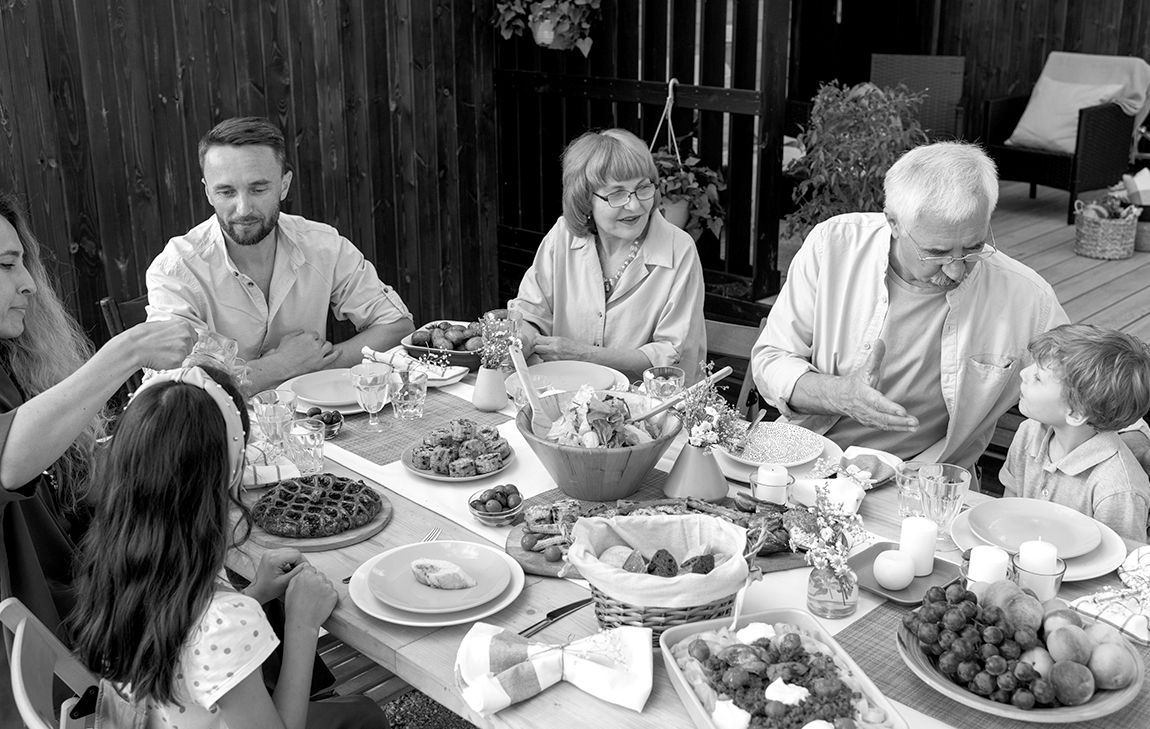Greek Orthodox Funeral Traditions
When you live in an area as beautifully diverse as Denver, you encounter people from many different cultures, backgrounds, traditions, and faiths. In Horan & McConaty’s 103-year history, our team has become knowledgeable about the customs and traditions surrounding funeral services that respect many different religions. There is nothing more important to us than being able to help our own neighbors plan the services that will honor the lives they love. This includes our friends in the Greek Orthodox faith, who have meaningful traditions specific to their beliefs and cultural history.

Funeral Services
Members of the Greek Orthodox Church believe that death isn’t the end. They refer to death as “falling asleep,” where the body and soul are separated at death, only to be resurrected and reunited with Christ at the second coming. Because of this reunification, those in the Greek Orthodox faith do not cremate their loved ones. Rather, they bury them following a funeral service in the church. Life is considered everlasting, and that belief can also bring peace of mind, comfort, and support in a time of sorrow to those who are grieving the loss of a loved one.
A traditional Greek Orthodox funeral is comprised of five parts, the first taking place the evening before the funeral. A brief prayer service – or Trisagion – is held during a wake and performed by an Orthodox priest. Trisagion is a hymn that includes the invocation of God as holy three times. The service can take place either at the funeral home or in the church. This is also a time for family and friends to pay their respects and share stories and fond memories of their loved one with one another.
The following day, the funeral service takes place at the church. Just before the funeral begins, the Trisagion prayer is recited again, followed by four hymns that are chanted, asking the Lord to give rest to the deceased. It’s followed with a litany and a prayer to ask for the forgiveness of sins and ends with a song. The funeral service itself is typically about 90 minutes long and includes chanting, prayers, and singing beginning with three stanzas of verses from Psalm 119. Next is the chanting of the Evlogetaria, or Funeral Praises. This is followed by scripture readings and prayers before the dismissal. The body is present at the funeral in an open casket and after the dismissal, family and friends are invited to come up and pay their respects by offering a kiss to the deceased as an expression of love and affirmation that their loved one is worthy of the fulfillment of God’s promises. Before proceeding to the cemetery, the priest anoints the body with the sign of the cross with oil and earth.
After the funeral service, loved ones will accompany the deceased to the cemetery where the Trisagion is chanted again before the body is committed to the earth to await the second coming and resurrection of the dead. Flowers are often distributed where each guest can place a flower on the casket at the conclusion of the service.
Afterward, family members and friends gather for a meal, also known as a Makaria, or a “mercy meal.” Fish is a typical course that is served and during this time, more stories and memories are shared to honor their loved ones and cherish their time spent on earth. Sharing meals is a time-honored tradition of celebrating life, bringing the community closer together, and offers the family a bit of relief during their time of mourning.
The last part of the Greek Orthodox funeral service takes place the following Sunday after the funeral. A special commemoration service is held to express gratitude to God for granting rest to the soul of the departed. The Trisagion service is repeated then, forty days after the death, and again after one year. It’s also common to hold commemoration services after six months and annually on the anniversary of the death.
What to wear to a Greek Orthodox Funeral
When attending traditional Greek Orthodox funeral services, tradition dictates a conservative look in dark colors. Both men and women are expected to cover their arms and legs, with women wearing dresses and men wearing suits with ties. Other things to keep in mind:
- Everyone present is expected to stand the entire service, except the elderly or those with disabilities.
- Attendees are expected to approach the casket but are not obligated to kiss the icon if you are not a member of the faith.
- Extend your condolences to the family and sign the guest book.
- Consider paying the grieving family a visit at their home.
When in need of a Denver Metro area funeral home to honor your faith-specific needs, the staff at Horan & McConaty has extensive experience. Having served many Greek Orthodox families in our community, our funeral directors will help plan the services you and your loved ones need, down to the smallest details. We understand that the loss of a loved one is a stressful and challenging time and we’re here to take on the burden of planning so you can focus on your family and your faith.
If you have any questions about faith-specific memorial traditions or would like to learn more about our funeral services, please call us any time at (330) 745-4418.



